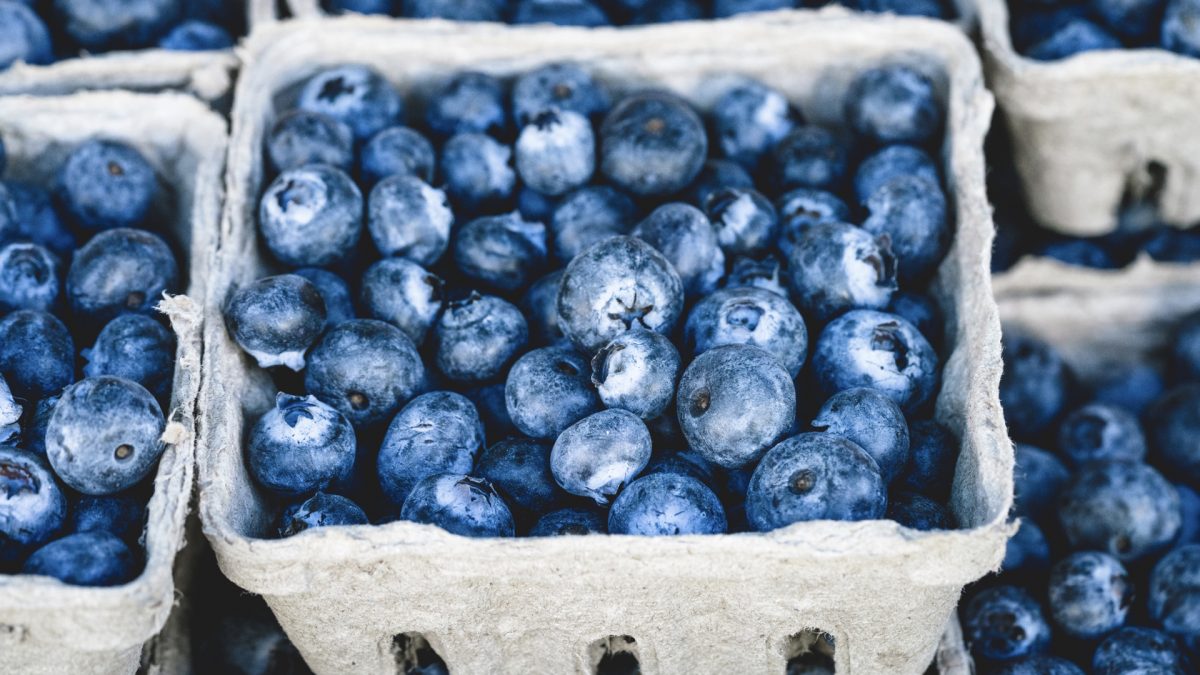TreasureVibe
Member
- Joined
- Jul 3, 2016
- Messages
- 1,941
Hey everyone. I had been discussing varicocele with another forum member and I remembered how 2 years ago I discovered through the use of Google Translate and Google that the Chinese formula Gui Zhi Fu Ling Wan or Keishibukuryogan in Japanese was prescribed in hospitals and medical centers in Japan to patients that had varicocele, before they would opt for varicocele surgery. This is unknown in the West.
There is an actual study on Pubmed as well that documents how Gui Zhi Fu Lin Wan cured 40 out of 50 varicoceles:
Effects of guizhi-fuling-wan on male infertility with varicocele. - PubMed - NCBI
Author information
1
Department of Urology, Ichikawa General Hospital, Tokyo Dental College, Chiba, Japan.
Abstract
Thirty-seven infertile patients with varicocele were treated with Guizhi-Fuling-Wan (7.5 g/day) for at least 3 months. Before and after the administration, semen qualities such as sperm concentration and motility were examined, and the varicocele was graded. A varicocele disappearance rate of 80% was obtained with 40 out of 50 varicocele, and improvement of sperm concentration and motility were found in 71.4% and 62.1% of patients, respectively. From these results, Guizhi-Fuling-Wan is considered to be effective for circulation disorders in varicocele as well as semen quality.
They used tea pills or something like that of the herbal formula in this study but the formula is also available in concentrated tablets/capsules now with the same strength as used in the study.
Also if you would do some Googleing for Keishibukuryogan you would find studies associating it with varicose vein healing in the pelvis area of women and such. It also helps endometriosis in studies.
See: Examination of clinical efficacy of keishibukuryogan on non-specific complaints associated with varicose veins of the lower extremity. - PubMed - NCBI
So Gui Zhi Fu Ling Wan consists of the following herbs:
Ramulus Cinnamomi Cassiae
Sclerotium Poriae Cocos
Cortex Moutan Radicis
Semen pruni persicae
Radix paeoniae lactiflorae
English names:
Cinnamon twig/cassia twig
Poria sclerotium
Tree peony root bark/red peony/mountain peony
Persica seed
Chinese white peony root
Poria sclerotium is some sort of coconut looking fungus or mushroom so it seems. Also known as Wolfiporia extensa. Among others it contains caprylic acid and lauric acid apparently. Alot of these herbs have been researched for various ailments in studies on pubmed and the like.
It's also sold under the name "cinnamon & poria pill" or "cinnamon & poria formula" or "cinnamon & hoelen formula"
So although Ray Peat is not a fond of most herbs, I would still be interested if anyone had a theory as to how this herbal formula is able to make 40 out of 50 varicoceles dissapear in that study.
Feel free to post comments and theories!
There is an actual study on Pubmed as well that documents how Gui Zhi Fu Lin Wan cured 40 out of 50 varicoceles:
Effects of guizhi-fuling-wan on male infertility with varicocele. - PubMed - NCBI
Author information
1
Department of Urology, Ichikawa General Hospital, Tokyo Dental College, Chiba, Japan.
Abstract
Thirty-seven infertile patients with varicocele were treated with Guizhi-Fuling-Wan (7.5 g/day) for at least 3 months. Before and after the administration, semen qualities such as sperm concentration and motility were examined, and the varicocele was graded. A varicocele disappearance rate of 80% was obtained with 40 out of 50 varicocele, and improvement of sperm concentration and motility were found in 71.4% and 62.1% of patients, respectively. From these results, Guizhi-Fuling-Wan is considered to be effective for circulation disorders in varicocele as well as semen quality.
They used tea pills or something like that of the herbal formula in this study but the formula is also available in concentrated tablets/capsules now with the same strength as used in the study.
Also if you would do some Googleing for Keishibukuryogan you would find studies associating it with varicose vein healing in the pelvis area of women and such. It also helps endometriosis in studies.
See: Examination of clinical efficacy of keishibukuryogan on non-specific complaints associated with varicose veins of the lower extremity. - PubMed - NCBI
So Gui Zhi Fu Ling Wan consists of the following herbs:
Ramulus Cinnamomi Cassiae
Sclerotium Poriae Cocos
Cortex Moutan Radicis
Semen pruni persicae
Radix paeoniae lactiflorae
English names:
Cinnamon twig/cassia twig
Poria sclerotium
Tree peony root bark/red peony/mountain peony
Persica seed
Chinese white peony root
Poria sclerotium is some sort of coconut looking fungus or mushroom so it seems. Also known as Wolfiporia extensa. Among others it contains caprylic acid and lauric acid apparently. Alot of these herbs have been researched for various ailments in studies on pubmed and the like.
It's also sold under the name "cinnamon & poria pill" or "cinnamon & poria formula" or "cinnamon & hoelen formula"
So although Ray Peat is not a fond of most herbs, I would still be interested if anyone had a theory as to how this herbal formula is able to make 40 out of 50 varicoceles dissapear in that study.
Feel free to post comments and theories!
Last edited:

